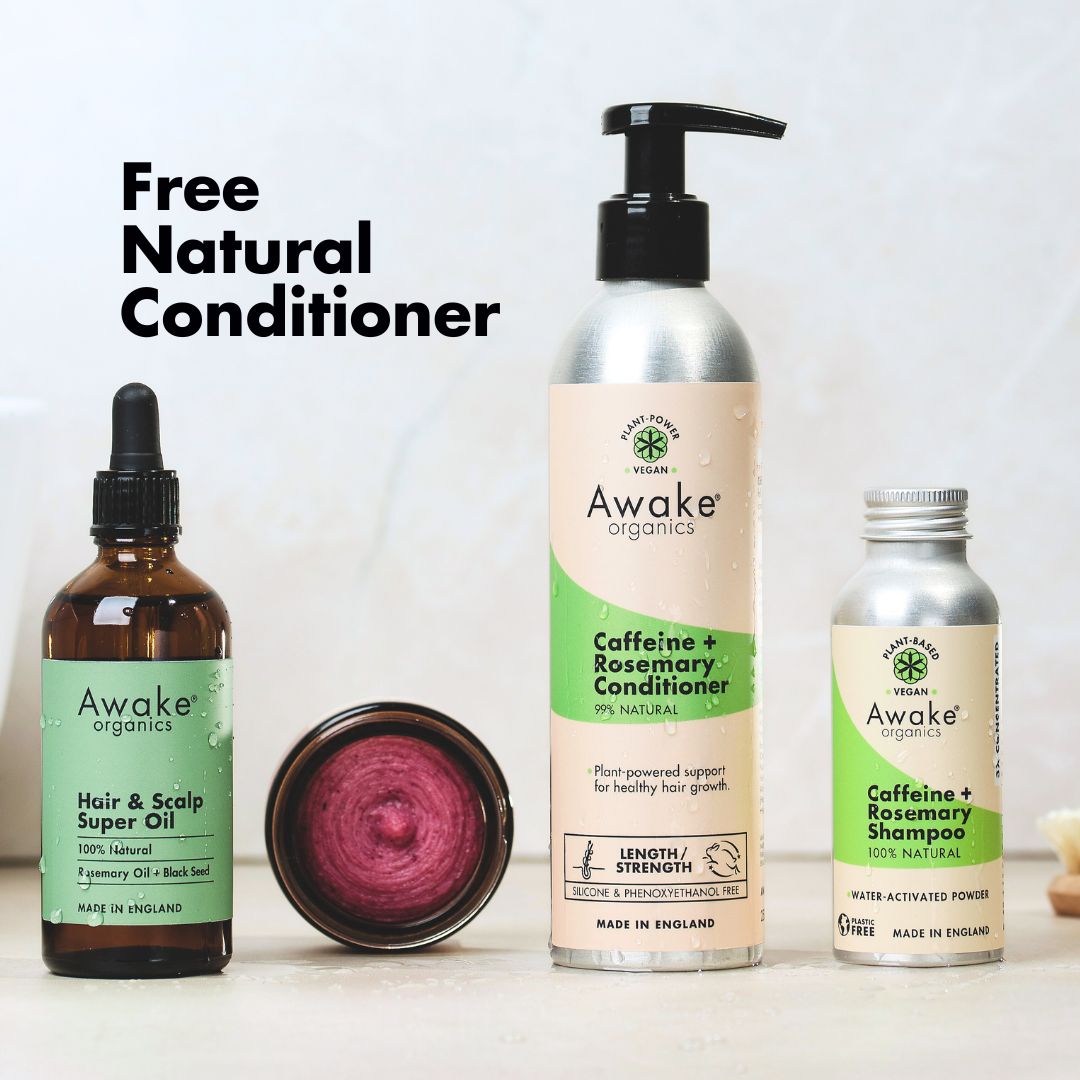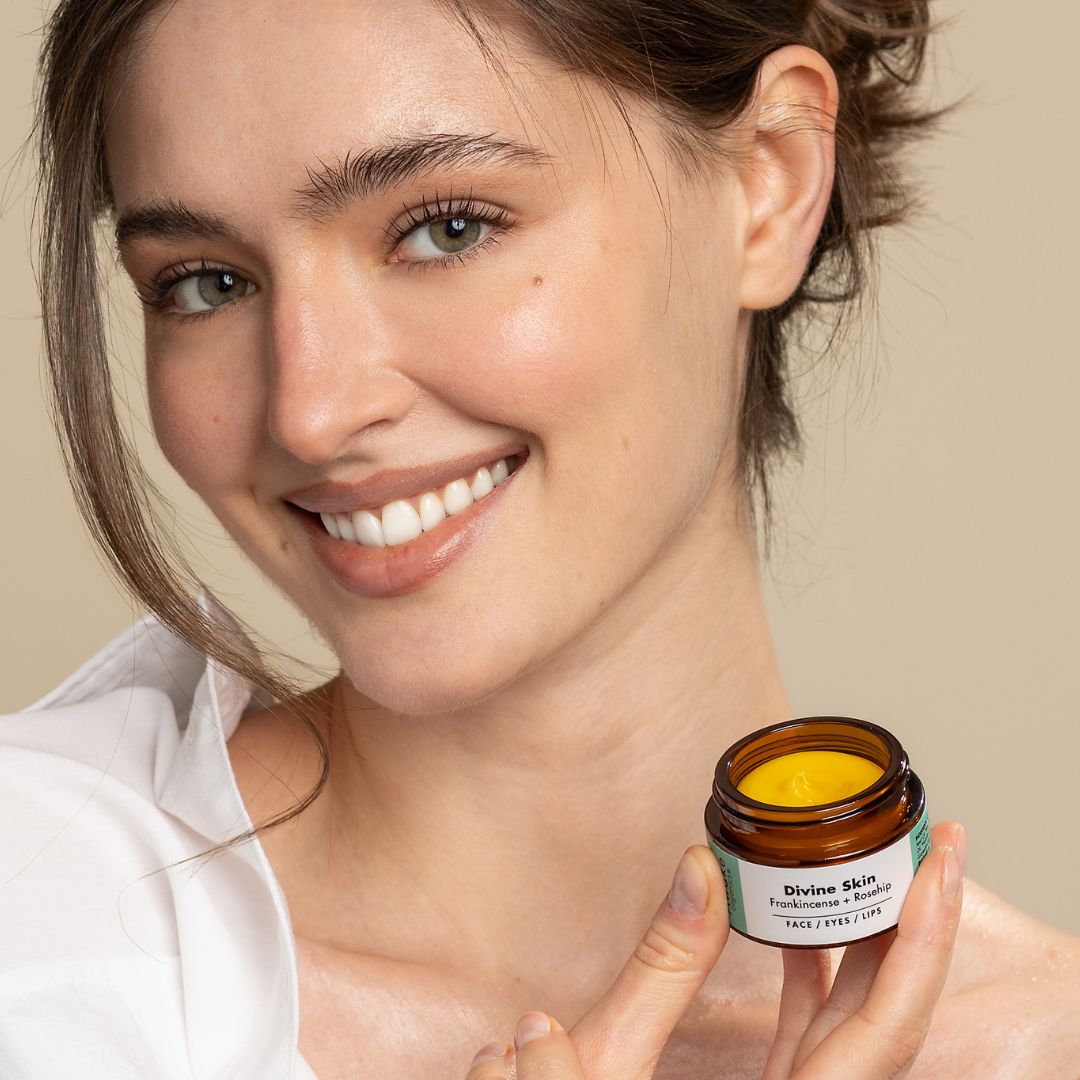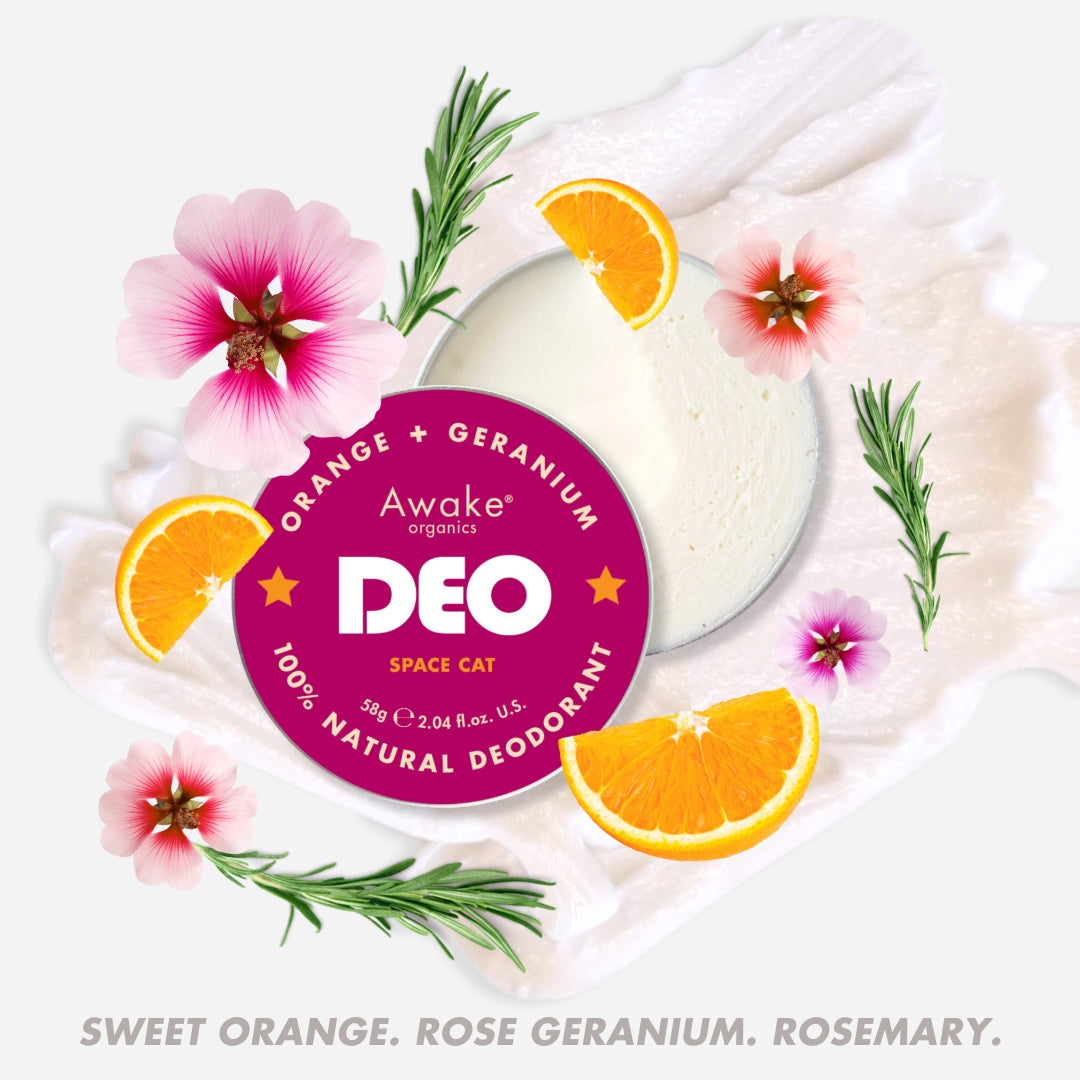
To help save bees, you could plant more flowers in your garden and leave out little capfuls of water in case they are dehydrated. But you probably already know that. I'm not going to write about the stuff you already know.
Studies show that conscious consumers (people like us) may be avoiding bee products for ethical reasons, and because they may not trust the industry. As a result, vegan honey and beeswax alternatives are massively in demand.

Are Honey & Beeswax Products Ethical?
Nowadays, most honey bees are used heavily to pollinate enormous mono-crops all over the globe. They are worked hard; transported all over, fed sugar syrups and antibiotics, and colonies are split to make more hives. The honey bee is severely under threat.Is it real honey you're buying at the shops? Possibly not. Because of increased global demand and the lowest production levels in history, it's estimated that over 90% of worldwide honey is FAKE (adulterated; cut with corn/rice syrup). As a result of all this, any conscious person (vegan or not) is going to feel miserable about a bees life. Market trends show that sales for vegan alternatives are up, and bee products are down. At first glance, this makes sense. I know I don't want to support a dishonest and cruel industry, and neither do you!Around 90% of store-bought honey around the world is FAKE"
But...
There is an alternative to the murky, mass-industrialisation of the honey bee. Maybe we should help put this train back on the right track. Can we find the beekeepers who are doing things the right way, and support them?What's Really At Stake
- There are very few wild honey bee colonies remaining, and they don't survive very long because of environmental stress and human activity.
- The vast majority of honey bees will only survive with the help of beekeepers.
- We rely on bees to pollinate two-thirds of the food we eat.



